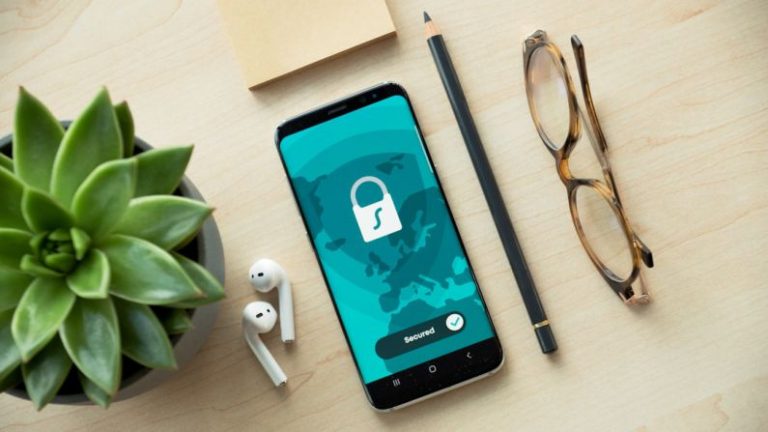How to Stay Safe Online
In today’s digital age, staying safe online is more important than ever. With the increasing amount of time we spend on the internet, it’s crucial to be aware of the potential risks and take proactive steps to protect ourselves. From safeguarding personal information to avoiding cyber threats, here are some essential tips to help you navigate the online world safely.
Understanding the Risks
The first step to staying safe online is understanding the risks that come with using the internet. Cyber threats, such as malware, phishing scams, and identity theft, are prevalent and can have serious consequences. By being aware of these risks, you can better equip yourself to protect against them.
Safeguarding Personal Information
One of the most important ways to stay safe online is to safeguard your personal information. Be cautious about the information you share on social media and other websites, as this data can be used by cybercriminals to target you. Avoid sharing sensitive information such as your address, phone number, and financial details unless absolutely necessary.
Using Strong and Unique Passwords
Using strong and unique passwords is essential for protecting your online accounts. Avoid using easily guessable passwords such as “123456” or “password.” Instead, opt for complex passwords that include a combination of letters, numbers, and special characters. Additionally, use a different password for each of your accounts to prevent a security breach from affecting multiple accounts.
Enabling Two-Factor Authentication
Two-factor authentication adds an extra layer of security to your online accounts by requiring a second form of verification, such as a code sent to your phone, in addition to your password. Enable two-factor authentication whenever possible to enhance the security of your accounts and prevent unauthorized access.
Being Wary of Phishing Scams
Phishing scams are a common tactic used by cybercriminals to trick individuals into revealing their personal information. Be cautious of unsolicited emails, messages, and links that ask for sensitive information or prompt you to click on suspicious links. If something seems off, trust your instincts and avoid engaging with the suspicious content.
Keeping Software Updated
Keeping your software, including your operating system, web browser, and security software, updated is essential for protecting your devices from potential vulnerabilities. Software updates often include patches for security flaws, so make it a habit to regularly check for updates and install them promptly.
Using Secure Wi-Fi Networks
When connecting to Wi-Fi networks, be mindful of the security of the network you’re using. Avoid connecting to public Wi-Fi networks that are unsecured, as these networks are more susceptible to cyber threats. Instead, use a secure and private network or consider using a virtual private network (VPN) for an extra layer of protection.
Educating Yourself and Others
Educating yourself about online security best practices is key to staying safe online. Stay informed about the latest cybersecurity threats and trends, and share this knowledge with your friends and family to help them stay safe as well. By raising awareness about online security, you can contribute to creating a safer digital environment for everyone.
Protecting Your Digital Footprint
Your digital footprint is the trail of data you leave behind when using the internet. Be mindful of the information you share online and regularly review your privacy settings on social media platforms and other websites to control who can access your information. By proactively managing your digital footprint, you can reduce the risk of your personal information falling into the wrong hands.
Conclusion: Prioritizing Online Safety
In conclusion, staying safe online requires a combination of awareness, caution, and proactive measures. By understanding the risks, safeguarding your personal information, using strong passwords, enabling two-factor authentication, being wary of phishing scams, keeping software updated, using secure Wi-Fi networks, educating yourself and others, and protecting your digital footprint, you can enhance your online security and reduce the likelihood of falling victim to cyber threats. Prioritize your online safety and make it a habit to practice good cybersecurity habits to navigate the digital world securely.






